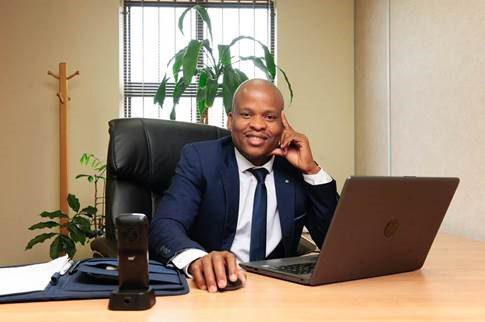By Russel Morena
A prosperous nation depends on citizens being always alert of their rights and responsibilities. Awareness of these entitlements and consistently responding to their demands may lead to a quality of life characterised by human dignity.
Thus, South Africans should be encouraged to pay attention to reflecting on their human rights and duty. The focus should be to do things beyond the norm not once-a-year commemorations.
In that way, human rights champions of March 21 1960 could be honored consistently and progressively. Such may be done in a forward-thinking manner sensitive to and dealing effectively with present-day socio-economic challenges.
That is not, by any means, to suggest downplaying the unfortunate past events attached to the date. Instead, the narrative presented here seeks to encourage a link between the past, present, and future – a tomorrow offering a sustainable and better life for all.
Human Rights Day in South Africa got linked to the anti-pass campaign of March 21 1960 in Sharpeville. Sadly, 69 people died, and 180 got injured that day when police opened fire on unarmed protestors.
The apartheid Native Laws Amendment Act of 1952 required a black person from a rural area wishing to be in an urban place to obtain a permit, to seek work, attached to their pass within 72 hours.
Liberties that the courageous Sharpeville marchers sought included the right of Africans to tap into income opportunities anywhere in the country, unrestricted. Thus, the efforts of the March 21 gallant compatriots should be a foundation on which multiple human rights campaigns sprout and get sustained to better the lives of present-day citizens.
In 2021, the successfully launched inaugural SAIGA conference proclaimed that “citizens come first”. Thus, for example, it is the right of South Africans to demand and enjoy, among others, a much more conducive environment to individual economic activity.
Every citizen has a right to decent income-generating opportunities.
It does not end there. Such a privilege must be in tandem with campaigns promoting and ensuring access to information.
The Bill of Rights guarantees rights for everyone to access information required for the exercise or protection of any rights. Rights to quality life mean, among others, knowledge should be widely available on managing the fruits of economic activity by an individual.
In a piece titled Financial Citizenship As A Broader Democratic Context Of Financial Literacy, Medhat Khalil asserts that being educated about the details required for financial literacy is a right of every human being.
A recent report by World Bank confirming that South Africa is still the world’s most unequal society provides a view that, with all the efforts South Africa makes to educate its people, economic and financial literacy must get a priority.
Such a move could breathe life to the slogan that says together – we can do more. The decisions that individuals make every day impact the financial health of the state.
Thus Alan Blinder, a Princeton economist and author, lauds the befit of having informed and financially educated citizens. Such citizens, says Blinder, contribute to a better functioning economy and a more effective government.
On the other hand, Khalil points out that financial literacy education promotes equality, civic responsibility, and engagement.
To this day, South Africa grapples with equal opportunity issues. It is a matter that is historically attached to income disparities and low financial literacy levels among individuals.
A Human Sciences Research Council study shows that the levels of financial literacy among adult South Africans stood just above 50%, a low to moderate range on average.
Lacking in financial education are historically disadvantaged individuals. A people-driven public-private partnership should ensure the process of bringing up to speed those falling behind in financial literacy.
Studies suggest the financial knowledge of individuals positively affects their financial inclusion. It is a critical determinant of wealth and economic inequality. The gap between the financially literate and the illiterate leads to wealth inequality.
The status core must change.
According to current financial capability models, boosting education about economic citizenship will help reduce poverty, create more sustainable economic environments, and improve social outcomes and life satisfaction.
Parliament must be held accountable in its tasks, including, among others, empowering the people and maintaining the civil liberties of every citizen. Questions must be asked, to parliamentarians, about what gets constantly done to promote economic awareness and the independence of citizens.
But what should also be encouraged is the duty of every citizen not to outsource their responsibility. First, individuals ought to keep themselves informed about their rights. Second, they must get informed about their duty in bettering themselves and the nation.
At a staggering 77%, the South African debt to income ratio means many are vassals for the lenders.
The Bill of Rights says no one may get subjected to slavery. Still, the responsibility rests with the individual with an appetite to borrow. The person must not undermine their right by landing themselves in a state of servitude.
Morena is the Chief Executive Officer of SAIGA
Follow @SundayWorldZA on Twitter and @sundayworldza on Instagram, or like our Facebook Page, Sunday World, by clicking here for the latest breaking news in South Africa. To Subscribe to Sunday World, click here.



